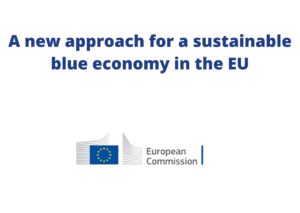OCTs share similar characteristics which represent particular challenges for economic growth. One important case is that of connectivity. Due to their remoteness, transport costs for goods and people to and from the OCTs are very high, which impacts the competitiveness of their products. They constitute small island economies that are vulnerable to external shocks. In addition, due to their distance distance from the European continent and their neighbouring markets, coupled with low freight transport connectivity, irregular shipping and air transport services, high transport costs are a major obstacle to the OCTs’ participation in those markets.
The geographical remoteness of the OCTs is also felt in the energy sector. As many OCTs depend on energy imports – particularly fossil fuels, the costs and duration for transports in this area is also significant.
In terms of digital transformation and connectivity, OCTs suffer from their locations and often from the long distances between their territories. However, despite the challenges posed by ensuring digital connectivity, it is these territories that would benefit the most once the proper infrastructure is created.
The EU continues to support the development of transport, connectivity and energy infrastructure, thus contributing to the reduction of the isolation that OCTs are exposed to. In terms of Information and Communication Technology (ICT) connectivity and energy, the size of the cooperation has been relatively modest, although energy is important to the OCTs due to the high consumption costs they are facing.
OCTs are making important steps towards putting their economies and societies on a sustainable development path. They seek to do so by increasing their competitiveness, reducing their vulnerability to external shocks, increasing environmental resilience, cooperating with their neighbours and, where possible, integrating their economies into the regional and/or global economy.










